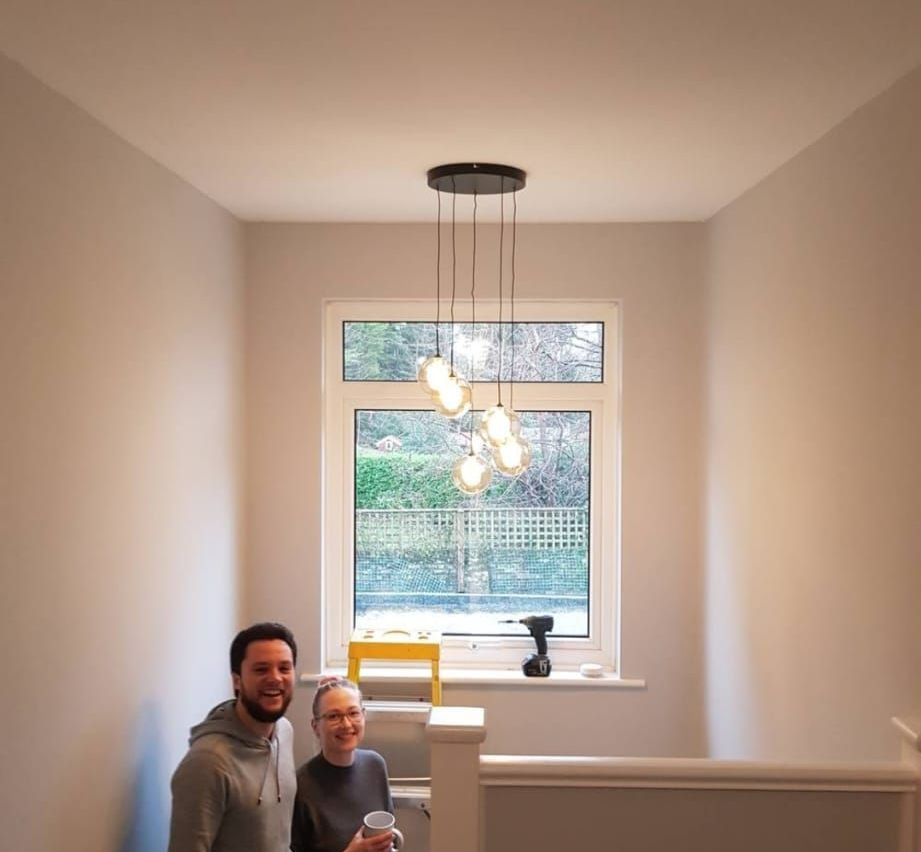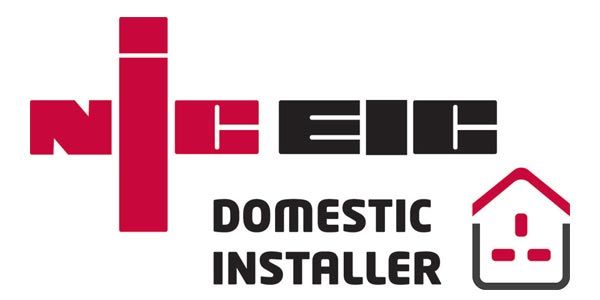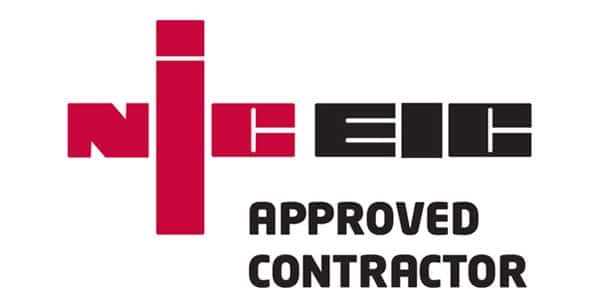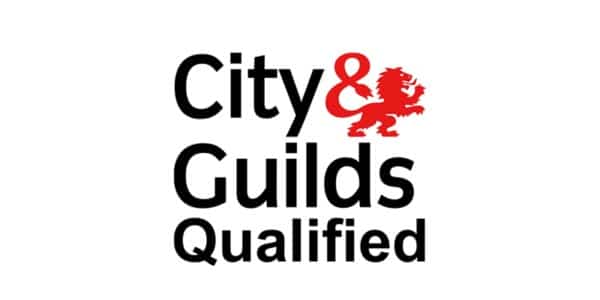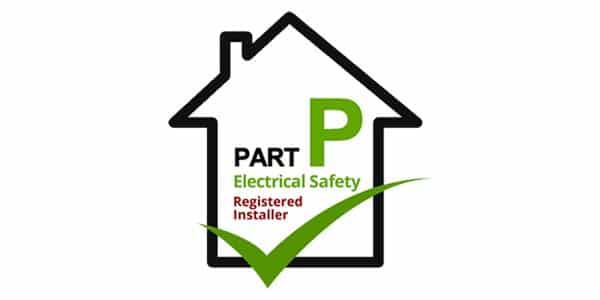Why Electrical Inspections Are a Legal Requirement for Rental Properties in the UK
Why Electrical Inspections Are a Legal Requirement for Rental Properties in the UK
Benefits of electrical inspections being a legal requirement in the UK:
✅ Ensures safety and compliance with regulations
✅ Protects property from electrical hazards
✅ Provides peace of mind for tenants and homeowners
✅ Reduces the risks of electrical fires and accidents
✅ Helps to meet insurance and legal obligations

BOOK YOUR EICR TODAY
Contact Us
Renting out a property in the UK comes with a range of responsibilities, and ensuring electrical safety is among the most critical. Electrical inspections, governed by the Electrical Safety Standards in the Private Rented Sector (England) Regulations 2020, are not only a legal obligation, but also essential for tenants' wellbeing and property protection.
The Purpose Behind the Regulation
Electrical inspections were introduced to address significant risks posed by faulty systems in rental properties. These inspections aim to:
- Protect Tenants: Reduce risks of electrical shocks, fires, and malfunctions.
- Set Standards: Ensure consistency and accountability for landlords.
- Prevent Disasters: Early detection of issues can avert costly and dangerous incidents.
- Cover insurance claims: in the event of a fire or flood or tenant hospitalisation.
What Does an Electrical Inspection Entail?
A certified electrician conducts an Electrical Installation Condition Report (EICR), which assesses:
- Wiring and Fuse Boxes: Checking for wear, tear, or outdated systems.
- Sockets and Switches: Ensuring secure installations and functionality.
- Appliances: Verifying the safety of landlord-provided appliances.
The EICR categorises findings as follows:
- C1: Immediate danger requiring urgent attention.
- C2: Potential hazards needing prompt action.
- C3: Recommendations for improvements (non-mandatory).
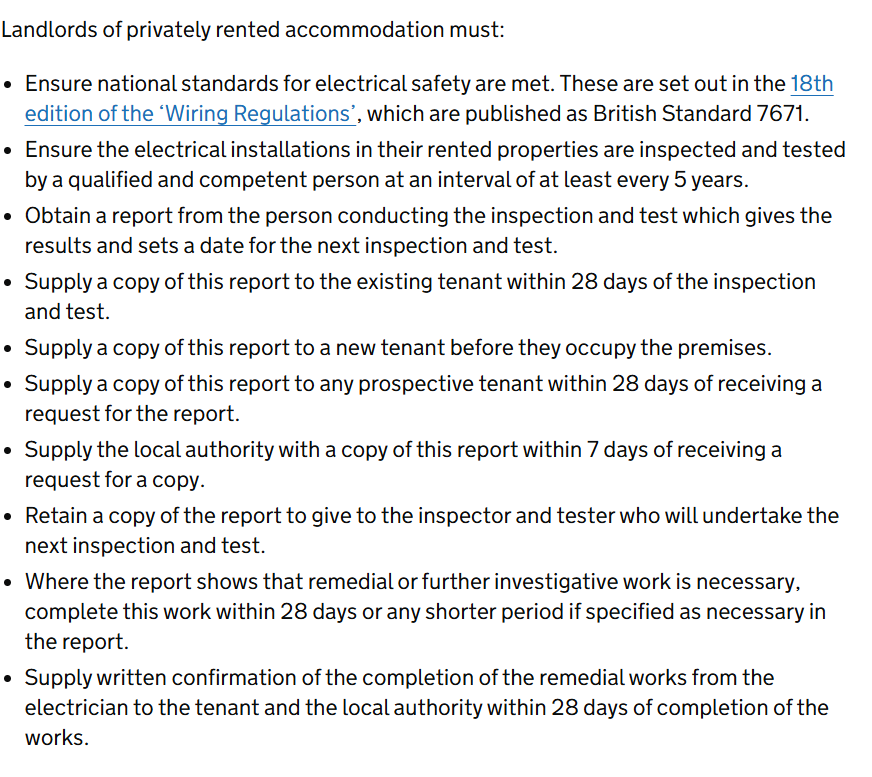
Why Compliance Matters
For Landlords
- Legal Requirements: A valid EICR must be provided to tenants and renewed every five years or at tenancy change.
- Avoiding Penalties: Non-compliance can result in fines of up to £30,000.
For Tenants
- Safety Assurance: Inspections ensure a secure living environment.
- Empowerment: Tenants have the right to request safety documentation.
Consequences of Non-Compliance
Failing to comply can have severe repercussions:
- Financial Penalties: Substantial fines for landlords.
- Property Damage: Unchecked electrical faults could lead to fires or costly repairs.
- Reputation Risks: Non-compliance tarnishes a landlord’s standing.
Best Practices for Landlords
- Schedule Regular Inspections: Conduct inspections every five years or at tenancy changes.
- Prompt Repairs: Address issues flagged in the EICR immediately.
- Keep Records: Maintain all inspection and repair documentation for reference.

WHAT IS AN ELECTRICAL INSTALLATION CONDITION REPORT (EICR)?
An Electrical Inspection Condition Report (EICR) is an in-depth inspection of your property’s electrical installation and systems. During this electrical inspection, a qualified electrician will ensure the wiring conforms to current British standards.
This involves electrical fault-finding and electrical testing of your installation to identify any problems with the current electrical wiring. It essentially gives you a clear understanding of the standard of your property’s electrics.
HOW DO ELECTRICAL INSPECTION AND CONDITION REPORTS WORK?
The report assesses the competency of your electrics by three different categories: C1, C2 & C3.
C1
A C1 means that danger exists with the electrics, and immediate remedial action is required
C2
A C2 indicates there is a potential danger present, and urgent remedial work is required
C3
A C3 means that electrical improvement is recommended in our professional opinion
WHAT HAPPENS AFTER MY ELECTRICAL INSPECTION AND CONDITION REPORT?
Your qualified electrician will either pass or fail your Electrical Installation Condition Report (EICR). If they pass it, you may still have some C3s you want them to fix, but these are not considered essential. If you have C2s or C3s, it is likely that your electrician will fail your property for the EICR.
If your property fails an EICR, you need to immediately review the Electrical Installation Condition Report (EICR) and discuss what remedial work needs to be carried out for the electrician to be able to pass the report.
Final Thoughts
Electrical inspections are more than a legal formality—they are vital for safeguarding lives and properties. By staying compliant, landlords not only avoid penalties but also contribute to a safer and more secure rental market.





